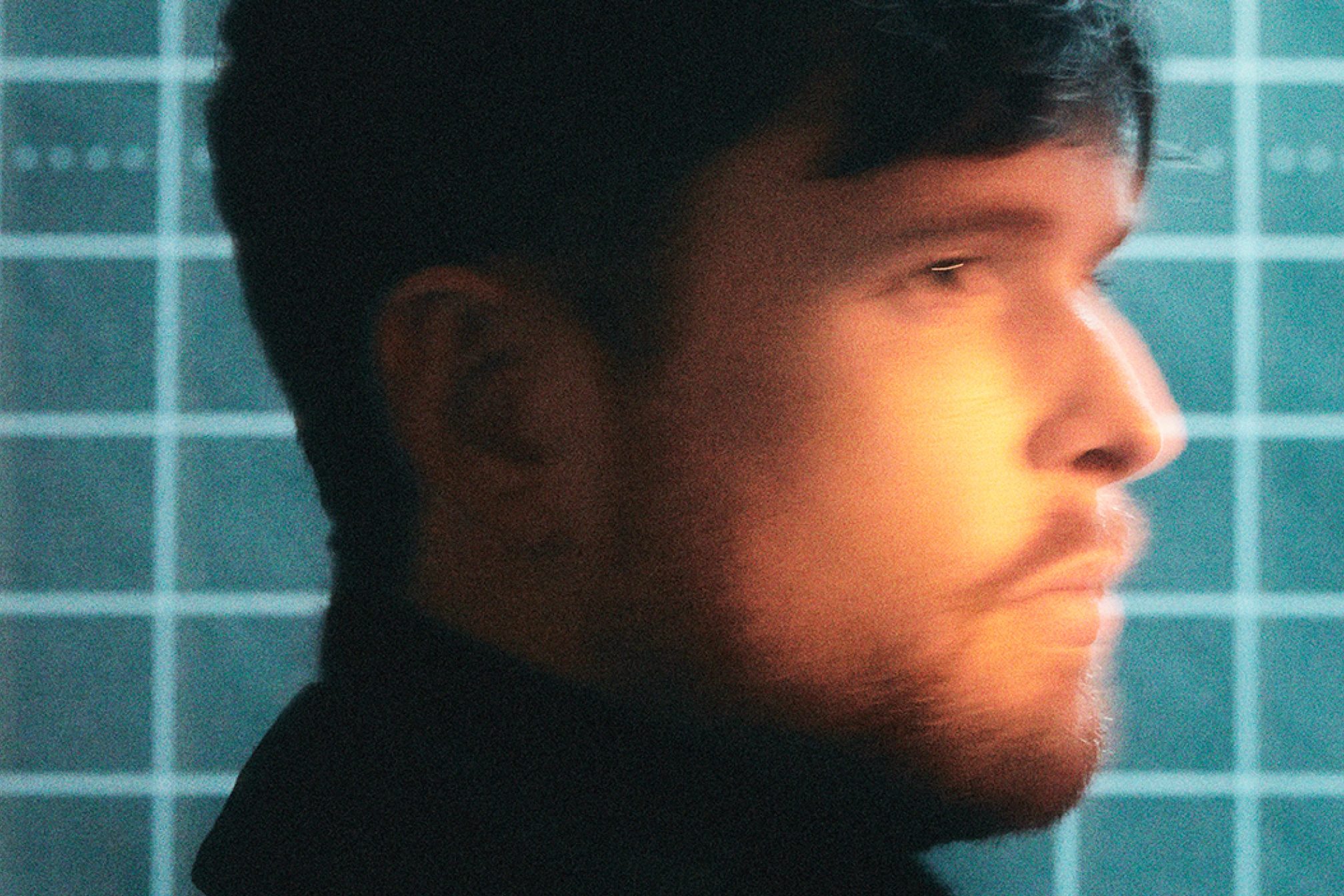 Features
Features
Moving forwards: James Blake’s return to club music is focused on the future
James Blake speaks to Tope Olufemi about no longer repressing his club interests, dance music's emotional range, and why he doesn't want to recreate the past
It’s a balmy Thursday night in July as a friend and I are bundled into the enormous, LED-adorned HERE at Outernet for the UK debut of James Blake’s club night CMYK. The party, sharing its name with Blake’s breakout 2010 post-dubstep track, hopes to bring more eclecticism to nightlife - keeping its line-up a secret until entry.
Outernet’s four floors, ground-shaking soundsystem and fizzling light displays are a far cry from the smoky underground haunts that were so integral to the musician’s early career; the sounds however, delivered by Airhead, LUXE, Fauzia, Mr Assister and Blake himself, are a trip through time - classic two-step, heavyweight dub and reggae, early dubstep, garage and plenty of new (and old) music from Blake shoots the audience back and forth through eras gone by to newer electronic music trends. Within CMYK lay the musical spirit of what made early-2010s nightlife and music so special.
“There's always mythology around whatever scene preceded you, right?” Blake tells me a few hours before CMYK. He’s being prepped for the cover shoot, and a few minutes later he’s being showered with green lasers and strobe lights.
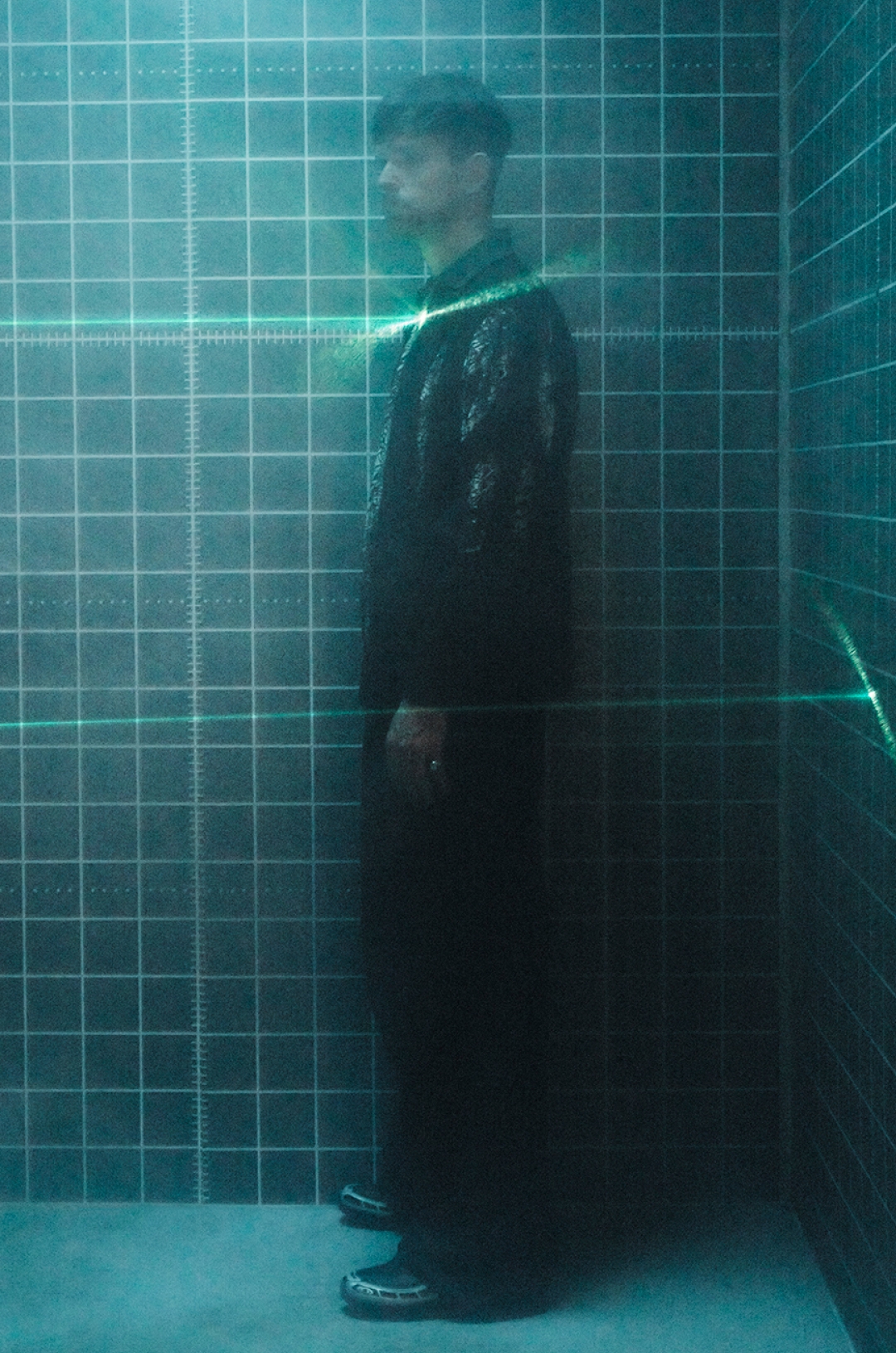
“Pre-Criminal Justice [And Public Order Act]... That was the era that I wish I'd taken part in you know… been part of the raves then. But obviously, that's just a nostalgia for a time gone by,” he tells me. We’ve landed on the topic of Blake’s musical upbringing and the importance of nights like FWD>> and Herbal to the development of Blake’s bassy breakthrough around the start of last decade.
Read this next: The Cover Mix: James Blake
“Sometimes it sounds like I went to FWD>> and had an epiphany - it almost sounds like I went there once, heard the music and was like ‘Wow, I'm gonna make dubstep now!’ — That's not really how it happened,” he says of the vaunted club night. Blake’s double life split between night-time sessions listening to Joni Mitchell’s ‘Blue’ and Bon Iver’s ‘For Emma, Forever Ago’ alongside desperate searches for clubbier track IDs, and keeping an ear to the ground helped establish the genre-bending, futuristic sounds that defined his early career. With such a melting pot of inspirations, it makes sense that Blake’s voice emerged from the ethereal dubstep he made at the time — Blake and his friends were “just on this constant search for what was new.”

Looking at the state of UK nightlife now, which continues to suffer at the hands of draconian policy, hard limits on noise and the effects of the cost of living crisis - it could be easy to conflate the abundance of excellent output from Hessle Audio, Hemlock and R&S in the 2010s with a freer nightlife scene - though Blake reminds me that the best talent of that time had also begun to feel the pinch of punitive policy.
“It was already starting to happen, clubs were being shut down. There was talk of fabric shutting down at the time, talk of Ministry [Of Sound] shutting down… talk about all these other things, ‘Oh, we can't get the licences... people are moving in next door and making noise complaints - people are buying the buildings and then you can't put the club night on anymore'. Every club that I was going to was starting to be affected by that stuff.”
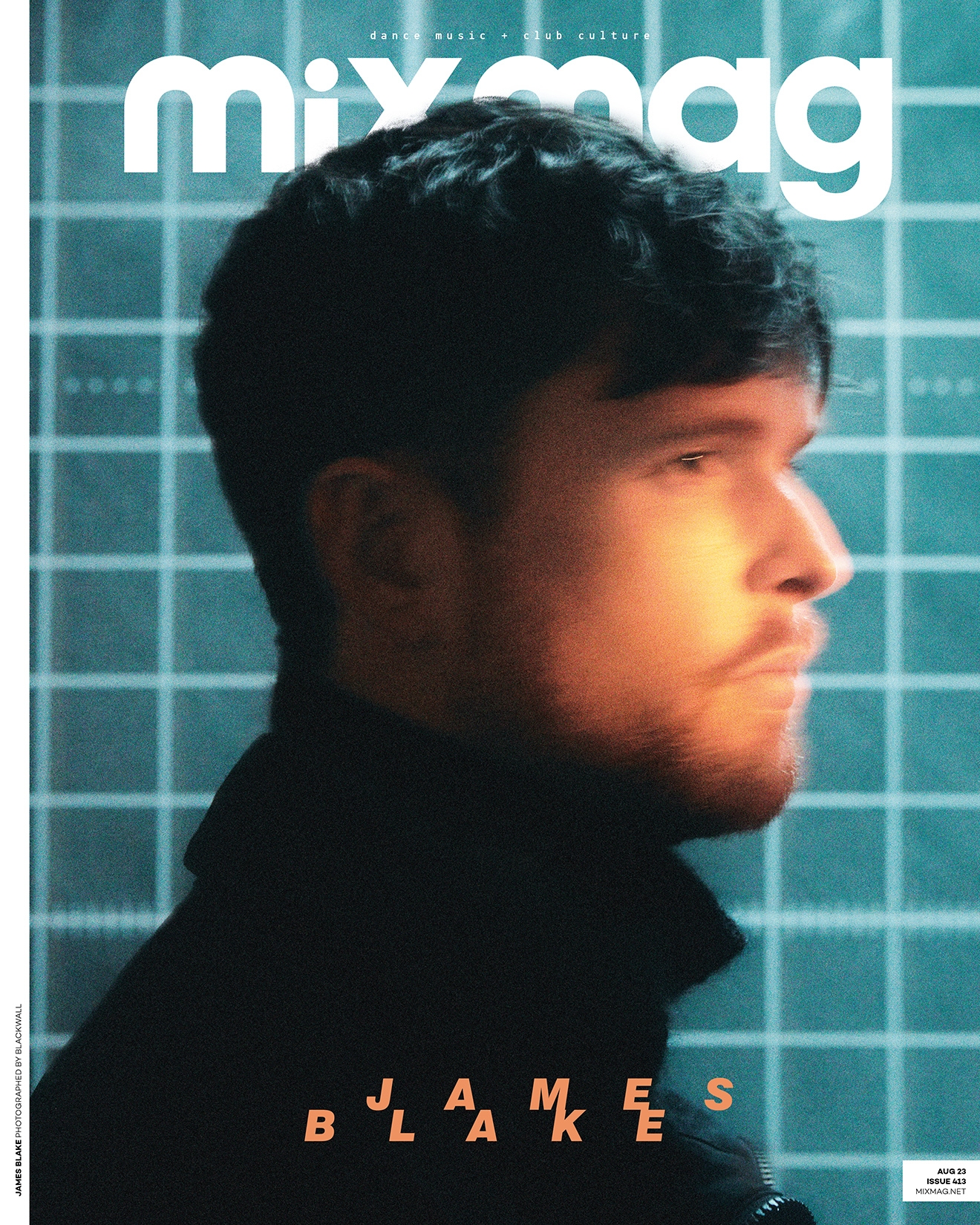
The past bends at the will of nostalgia, and after the release of ‘Big Hammer’, Blake has had a lot of time to think about it - fans playfully bicker in the comments over whether the track’s cracking 808 snares and odd rhythms hark back to the wobbly, excitable electronics of his early EPs or step forward from recent tracks like the ruminative ‘Hummingbird’ - which recently featured on the soundtrack of the latest Spider-Verse film. It’s hard to know whether this is a ‘full-circle’ moment for the artist — he doesn’t seem to think so.
“The way I see it, the emotions that people attach [is] the context that those tracks came out in. For example, ‘Air & Lack Thereof’ / Sparing the Horses’ through to ‘CMYK’… The entire society was different, the entirety of the world was different - their lives were different,” Blake says, as I ask him whether he feels any pressure or connection to those who long for a return of his older sound.
Read this next: James Blake: “People couldn't care less if you're mysterious now”
“The tragedy of attachment to music is that we can never go back and feel the same things again... [tracks] become sort of time capsules for how we felt then and the euphoric moments we had, despite what was going on around us… I like to see those things as a positive thing, not a thing to long for. I like to think of them as a beautiful memory rather than something that I need to strive to recreate. Because you can never recreate that.”
So, ‘Playing Robots Into Heaven’, Blake’s upcoming album, isn’t an attempt at recreating the sound that gained the musician such a devoted fan base of dubstep lovers - but is a project that sees Blake stepping forward into the contemporary club space with a statement of his own.
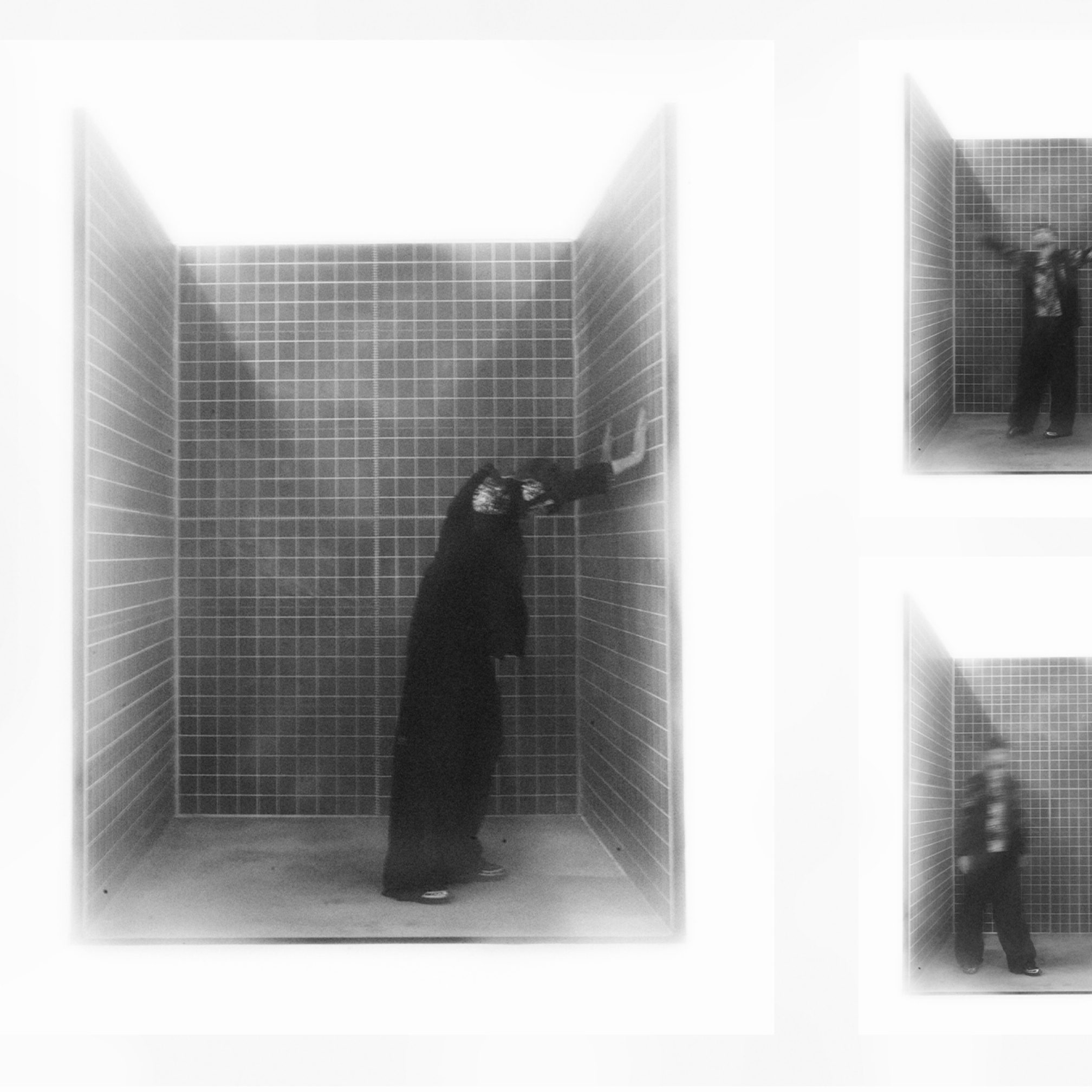
He’s been hard to miss since 2011’s widely-adored self-titled debut album, which saw him fusing dark and noisy atmospherics with echoey percussion and lucid lyricism. Since then, he hasn’t turned back - with five albums under his belt, six GRAMMY nominations and a win for 2018’s Jay Rock, Kendrick Lamar, and Future collaboration ‘King’s Dead’. His sound has become almost instantly recognisable across work with Beyoncé, Jay-Z, Dave, André 3000, Frank Ocean, Rosalía and more - if you think he might have had a hand in it, he probably did.
Becoming one of pop and rap music’s best-loved producers after setting the UK underground alight is quite the trajectory, but for Blake, his move to LA saw him neglecting a key part of himself: club music.

“There was a completely different club culture there,” he says. “I didn't have the venue to write for and then the pandemic hit, and I decided that maybe it doesn't matter about the venue, because now no one has a venue. People are still making club music, even though we can't go to clubs, so what am I doing?
“I think I got a bit frustrated that that part of me wasn't out there. There's only so long you can repress a part of yourself. It wasn't so much coming back to the club music as kind of setting free an aspect of my expression, basically - which has always been important to me.”
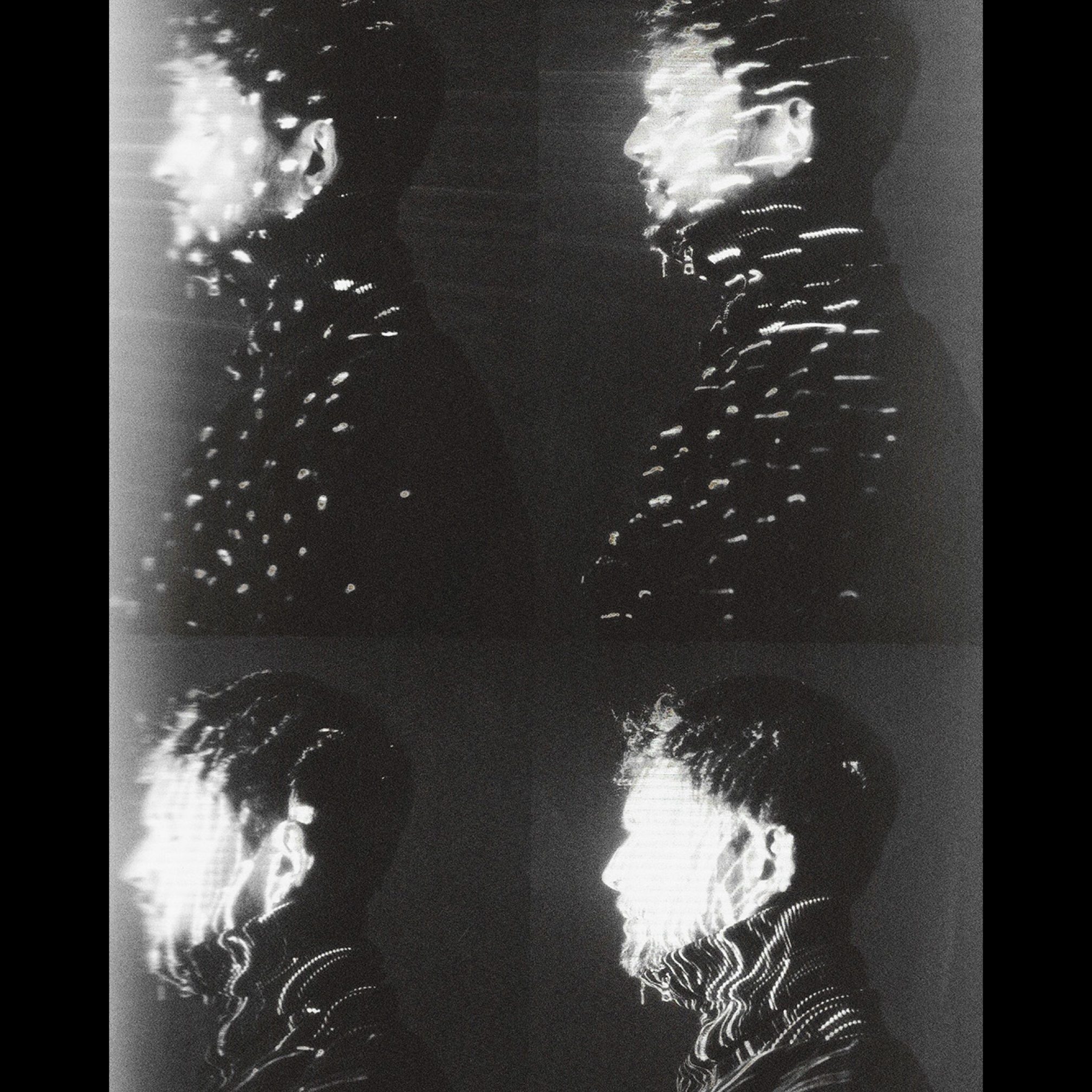
‘Playing Robots Into Heaven’ follows the house-y explorations of 2020’s ‘Before’ EP, and the platonic devastation of 2021’s ‘Friends Who Break Your Heart’, and places both feet firmly on the dancefloor. The title came to Blake after putting together a synth patch that blended gospel organics and sequenced melody - the title-track is an exploration of that patch.
“The spiritual aspect of how that track sounded… [it] sounds almost like a church organ. I guess in a way, it felt ironic to me that this modular synth - that seems to a lot of people like a nerdy hobby that's robotic, that can't truly make beautiful music - is just spitting out this incredible, almost fugal harmony. That felt like it shouldn't be possible. In a way, it's almost playing itself into heaven, this beautiful ascending harmony,” Blake tells me, as he delves into his processes for the new album. He pulled from a folder of 200 of his own modular jams, repurposed certain sections and played over them to form the meat of the project.
“The record was built around it because I wanted to explore... rather than make it this leftfield music that happens away from when I'm writing songs, I was like, ‘No, this is what I'm doing - this is my very favourite thing I'm doing right now. This is my album.’”
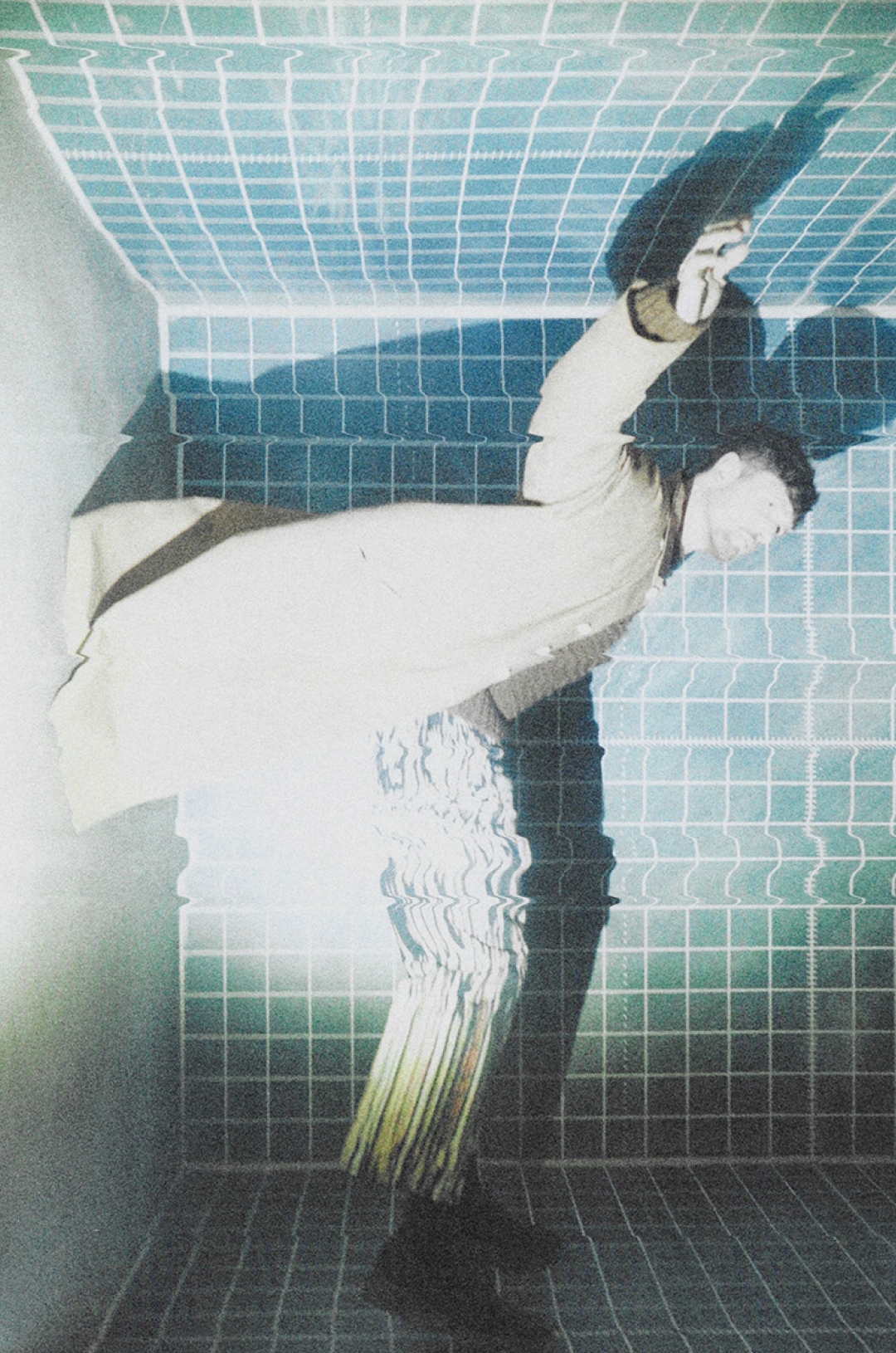
The ‘Playing Robots Into Heaven’ tour takes off in Milan on September 18, featuring new live shows from Blake across Europe and the US. He’s still spit balling with his band as to how to convert the new music into an exciting performance. The new tour will favour the dancier side of Blake’s discography, though there’ll still be room for the tracks his fans have come to know and love.
“Do we do mixes?...Do you really want to clap between songs? Or do you want to carry on dancing and have fun?” he ponders. “I'm trying to visualise how it's going to be - but I think I want moments where the lights go down and there's just a spotlight in the middle - [a] moment of reflection, and then back in. Mixing the lights up too, just to give people the feeling that they just came and saw something really special that they might not see again in the same way.
“I think it’s going to be noisy, it’s going to be rowdy! As I promote the tour I’m going to make it clear to people… bring your dancing shoes!” he quips.
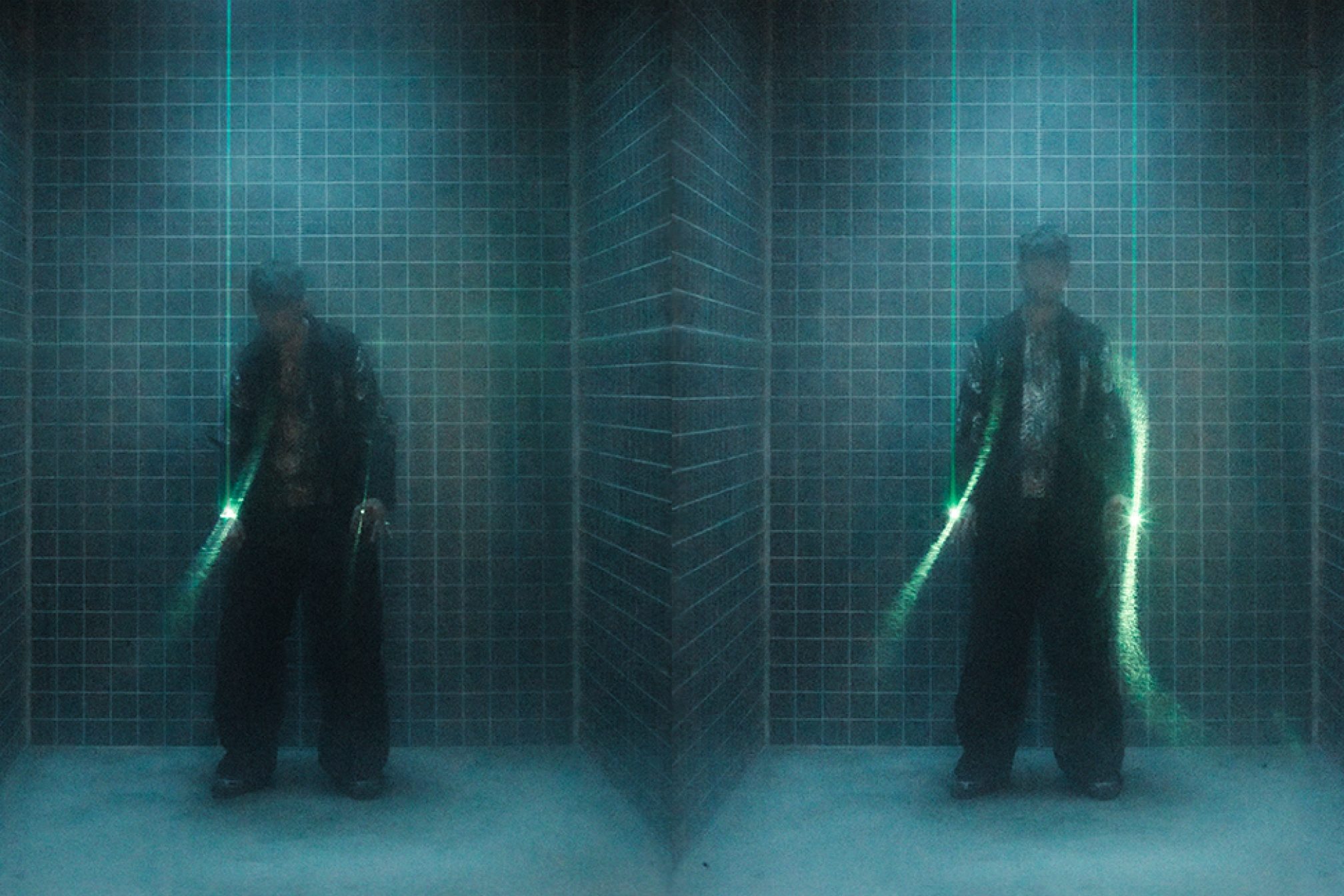
Blake tells me that there are elements of the live show that can’t be performed without modular synthesis - and in bringing it forward on ‘Playing Robots Into Heaven’, his penchant for evocative songwriting takes a backseat, instead opting for messages left within his production, letting each element speak for itself.
“I often turn to chords to create [feeling]. That just comes from this obsession with chords where I just want to know exactly how to express a feeling through whatever shape of notes that is,” he says.
“To me, it's like a language. Being able to find exactly the right word to say how you feel is really important to us - it's how we connect with others, it's also how we get things off our chest. That term, 'Saying it with your whole chest'... you can do that in music too. You can speak through chords and drums.”

Emotions have always run high within Blake’s music, from the dark isolation of his debut all the way through to the woozy love songs that have catapulted him to the front of mainstream pop’s consciousness. Though he centres heavier, clubbier beats on the new album, where there are lyrics, Blake still finds room for themes of lapses in communication and the downsides of love — human emotionality alongside synthesised melodies. Our conversation turns to the ironies of dance music’s ability to balance devastation and invigoration, and the manifestation of this on the new record.
Read this next: How dance music swapped pleasure for for pain
“I think dance music loves themes of love lost as much as it enjoys the party atmosphere. There's this duality where it's like, we're partying, but we're also being emotional people at the same time,” he says.
“‘Tell Me’ becomes almost, a letter of - ‘It's okay to be apathetic... just let me know how you're feeling - whatever it is.’ - That voice is speaking directly to you, which I think really resonates in a club. When lyrics speak to you - sometimes it can be a call to action, a call to love, a call to empathy - whatever it is, those things can be powerful when they're put next to club music.”
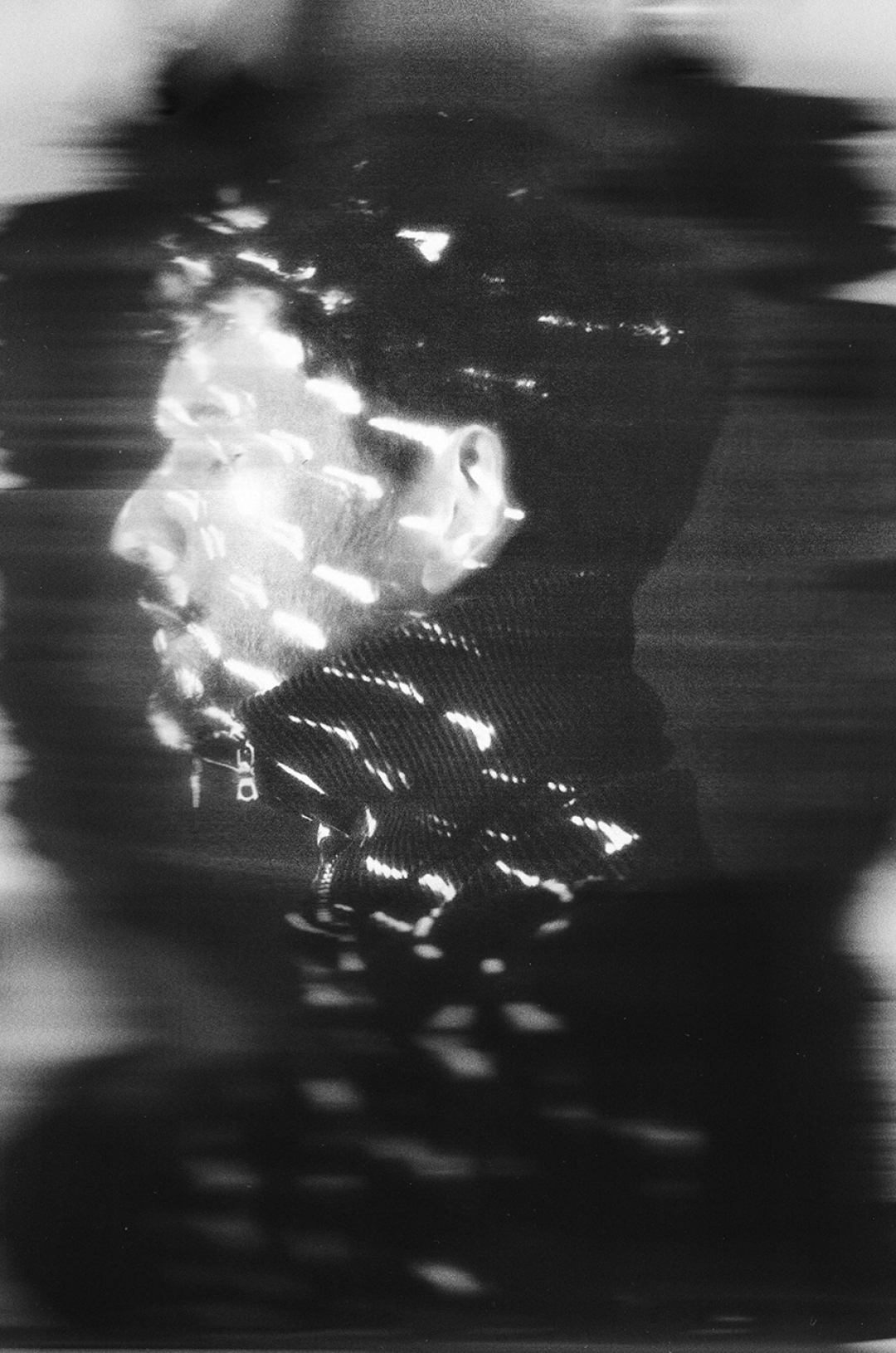
With ‘Playing Robots Into Heaven’, Blake makes a commitment to futurity - melding together some of the best parts of his expansive career into a record that still feels new - no matter the similarities to his earlier releases.
“I think the likelihood is that when people hear this - if they know my music from that [early 2010s] era, they'll probably assume it was kind of like a hark back to something. But I see it as a move forward, more than a move back. I've got nothing against revisiting an older sound, but I do see this as a progression… I see it as the new sound.”
‘Playing Robots Into Heaven’ is out on September 8, pre-order it here
Tope Olufemi is a freelance writer, follow them on Twitter



